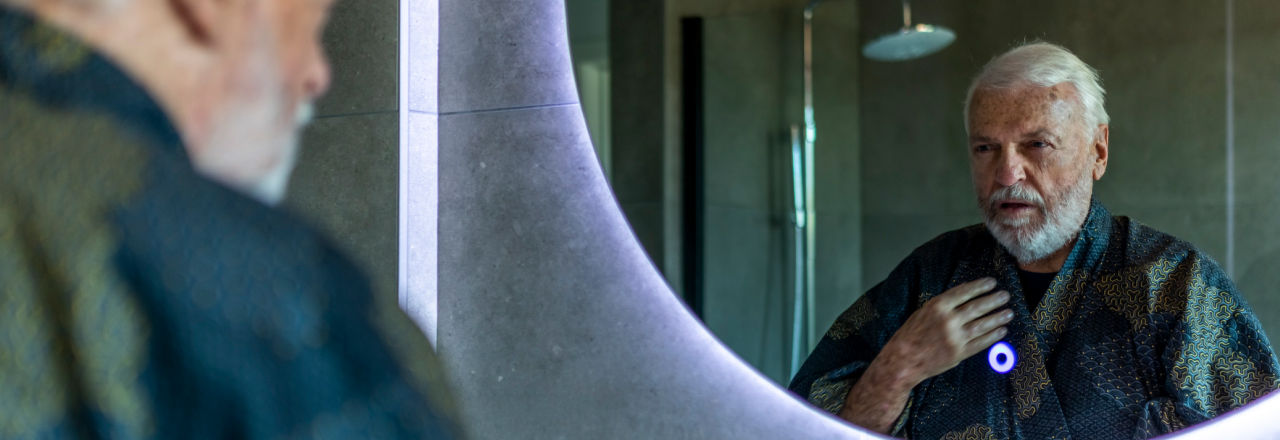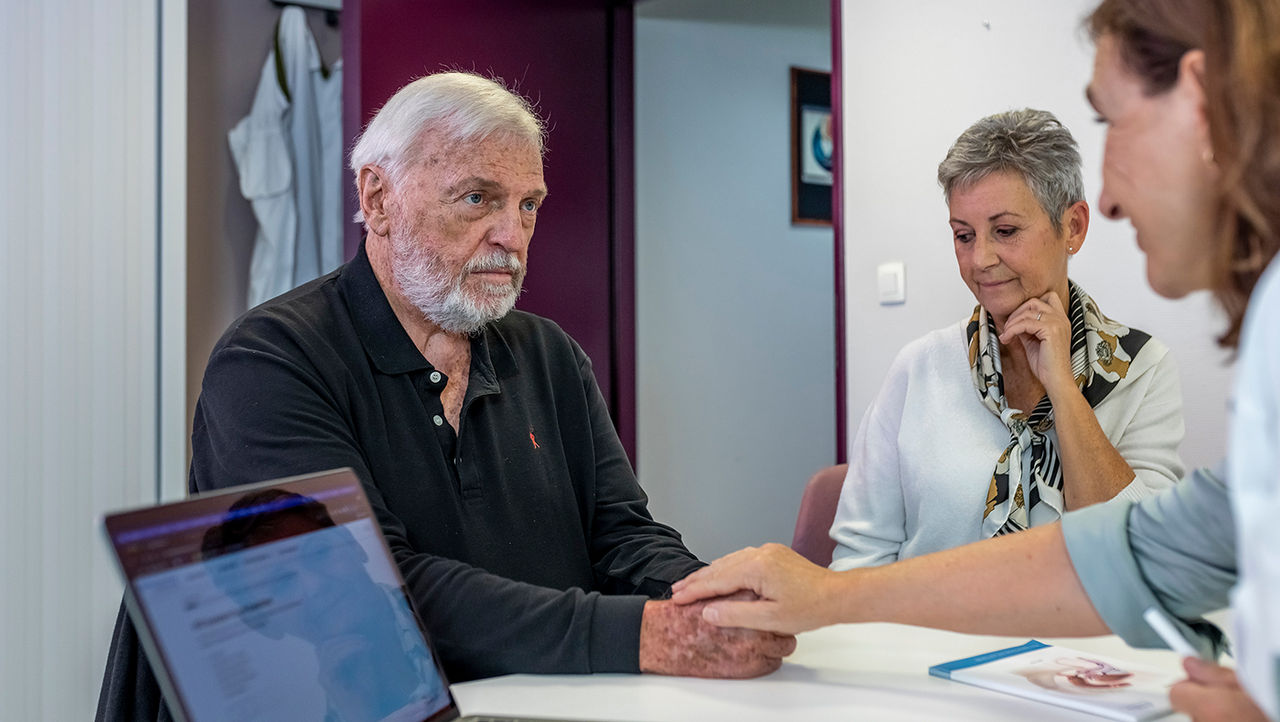An enlarged prostate is common as you get older, and while it isn’t always serious, it can cause urinary symptoms and other complications. Fortunately, there are treatments available to help relieve these effects.
Living with an enlarged prostate
Benign Prostate Enlargement, or BPE, can cause uncomfortable lower urinary tract problems. It is common over the age of 50 and the older you get, the more likely you are to experience BPE. Its causes are not fully understood and there is no known way of preventing BPE. However, it is always a good idea to live a healthy, active lifestyle and eat a balanced diet.
Nobody understands what living with your enlarged prostate is like better than you. Your thoughts, feelings and hopes matter. Your urologist will work with you to find a treatment that suits you now and supports your goals for life after you complete your treatment.
Understanding more about your condition and the options that are available to you will help you feel confident in making an informed decision about your BPE treatment.


